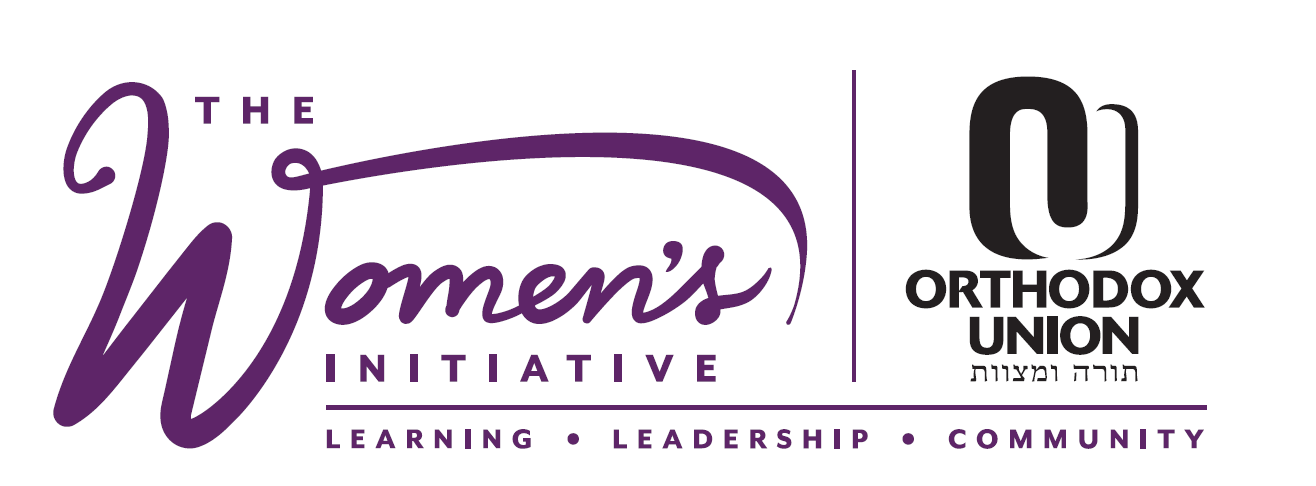Yechezkel 12
לעילוי נשמת Barbara Atlas, Bracha bas Avraham. She was a beacon of light to all who knew her. Barbara’s kindness and generosity had no bounds.
Role-Playing and Asking Questions
G-d spoke to Ezekiel and said that the prophet lives among a rebellious people. They have eyes and ears, but they refuse to see and hear. Ezekiel was to send the people a message by making himself the tools one would take into exile (Rashi says a cup and a small mixing bowl; the Midrash says a canteen, a bowl and a mat.) Ezekiel was told to "go into exile" in the people's sight. The idea was that they should see and "get the message," because they're too stubborn to just accept the prophet's straightforward rebuke. Ezekiel was told to take his "tools of exile" by day and exit like an exile by night. He was to dig a hole through the wall of his house and use it to "escape." He should carry his belongings on his shoulder and cover his face. (Much of this was symbolic of the way King Tzidkiyahu of Judah was forced to flee the city.) Ezekiel did as he had been instructed.
G-d spoke to Ezekiel in the morning and He asked if the people hadn't inquired as to the meaning of the prophet's actions. Ezekiel was to reply when asked that this prophecy is about the ruler (Tzidkiyahu) and his people - Ezekiel himself is the sign! What he did himself would be done to them. The ruler and the people would be exiled. Tzidkiyahu would flee by night, through a hole in the wall, with his face covered. He will be caught and brought to Babylonia where he would die, but he won't see it. (Tzidkiyahu was blinded en route, as part of his torture - you can review his capture in Jeremiah 52.) His court and officers will scatter before the sword and the people will be dispersed among the nations. A few, however, will survive the war and famine and plague, to tell everyone what had happened and the nations will know about G-d (i.e., that He punishes evil).
G-d told Ezekiel to eat his bread and drink his water with fear and trembling, telling the people that this is how they would ultimately eat and drink, since the land will become barren, thanks to the sins of its inhabitants. Next, G-d asked Ezekiel the meaning of the popular saying of the time that the days would be drawn out and prophecy would disappear (i.e., the exile would not come). G-d told Ezekiel to tell the people just the opposite - the time is near and the prophecies are about to be fulfilled! The words of the flattering false prophets, who tell the people only what they wish to hear - those are the words that will cease! That which G-d says, however, will be done without delay. The people say that Ezekiel sees events in the distant future. Not so! That which G-d has described is imminent!
In this chapter, we see G-d "asking" Ezekiel questions. The concept of G-d "asking" is always difficult, as He knows all. Often, He asks something as an opportunity for the person being addressed to answer properly or improperly (as with "Where is your brother?" to Cain or "Who are these men?" to Balaam). Here, G-d's questions are rhetorical. No reply is necessary and Ezekiel doesn't offer one. When G-d asks "Didn't the people inquire about your actions?" He means "They asked, but you did not answer," which is why He continues with, "Here's what you should tell them..."
Author: Rabbi Jack Abramowitz

